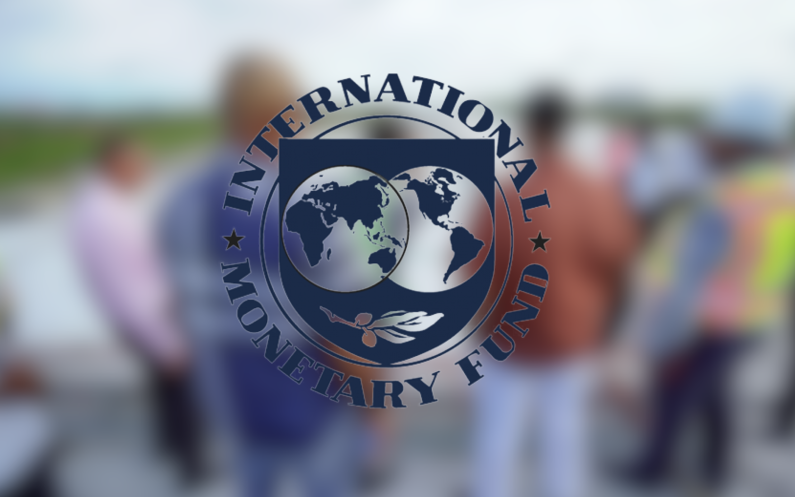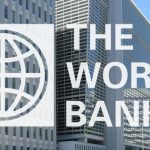
The International Monetary Fund has cautioned the Guyana government to be mindful of the pace of its public investment programme.
In a preliminary report issued following rounds of consultations in Guyana, the IMF recommended that the Guyana government makes a feasible and moderate increase in public investment and further strengthen the medium-term framework for fiscal policy.
The IMF has, however, welcomed the emphasis on public investment and policies to sustain growth into the longer term.
The recommendations of the IMF mirrored the concerns of several civil society groups that raised concerns about the pace of the country’s infrastructure development without proper oversight.
“Staff urge caution in determining the pace of ramping up public investment. While pressing development challenges still face the country, a large surge in public investment could add inflationary pressure, affect the competitiveness of the non-oil economy, lead to an eventual loss in foreign exchange reserves, and might not be sustainable over the medium-term,” the IMF said.
The IMF has also urged that authorities simultaneously strengthen the capacity to manage public investment, based on recommendations from the 2017 Public Investment Management Assessment report.
“Staff recommend setting annual budgets within a fiscal framework that, over the medium term, constrains the annual non-oil overall fiscal deficit (after grants) to not exceed the expected transfer from the NRF, to anchor fiscal policy in a sustainable way,” the IMF further recommended.
The IMF has been making recommendations for the country’s oil and gas sector in recent months, but Vice President Bharrat Jagdeo declared last week that the government cannot and will not adhere to many of the IMF recommendations since it is his view that many of those recommendations are not feasible in the Guyana context.
On the other hand, the IMF has hailed the Guyana government for putting measures in place to stabilize the country’s economy following the 2021 flood and the impact brought on due to the COVID-19 pandemic.
The body said the Guyanese economy was negatively impacted by the pandemic, and 2021 floods, but has recovered well supported by the oil boom and policy actions.
“Following the pandemic-induced recession and delayed political transition in 2020, economic growth recovered in 2021, with non-oil Gross Domestic Product (GDP) growth reaching 4.6 percent. The war in Ukraine exacerbated inflationary pressures in 2022—due primarily to higher fuel and food prices—but the government implemented measures to mitigate the impact on vulnerable households and the economy,” the IMF said in its preliminary release on going.
The IMF said although the current account deficit widened significantly in 2021 in part reflecting increased capital imports, the foreign exchange (FX) reserve position improved, due to the new Special Drawing Rights (SDR) allocation. The report said after deteriorating in 2020, the fiscal position remained appropriately supportive in 2021.
The Government also scored high marks from the IMF for providing cash grants to citizens as well as amending the Natural Resource Fund Act.

















You must be logged in to post a comment Login